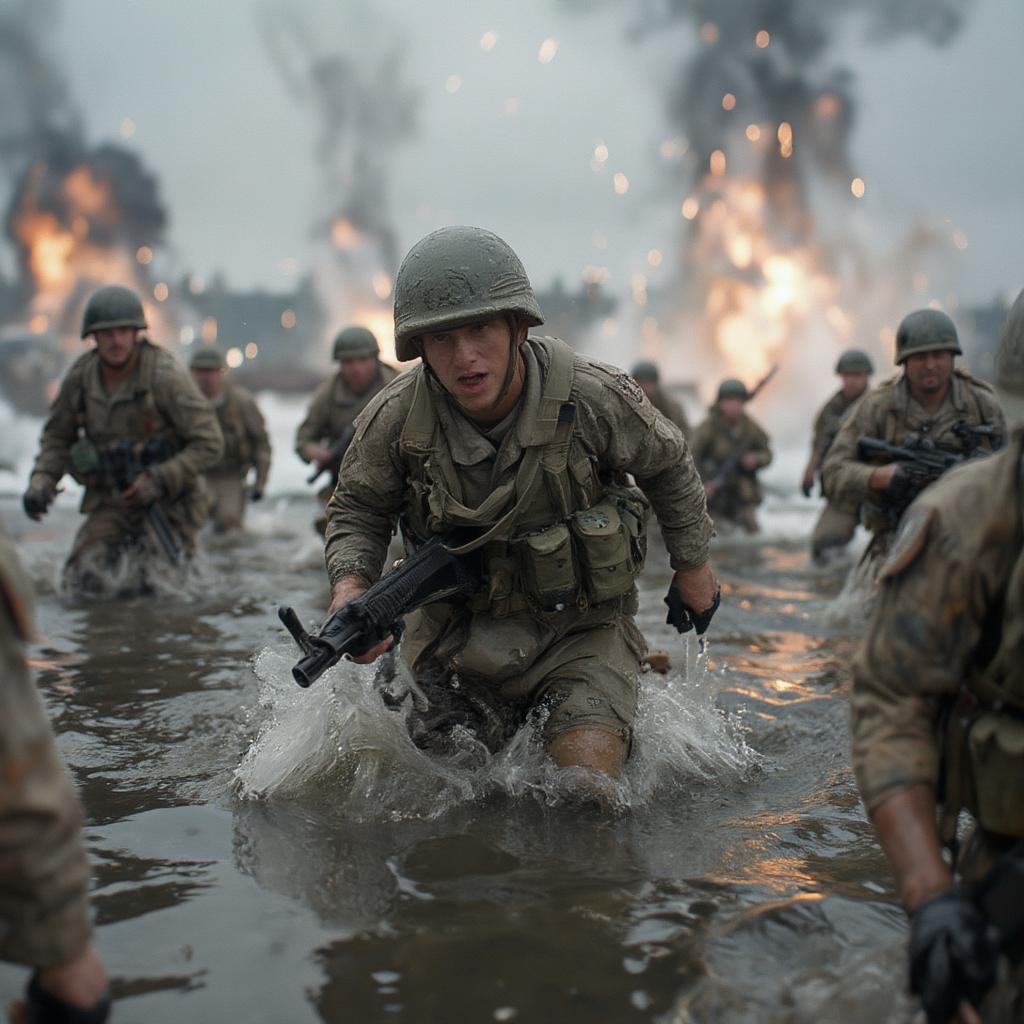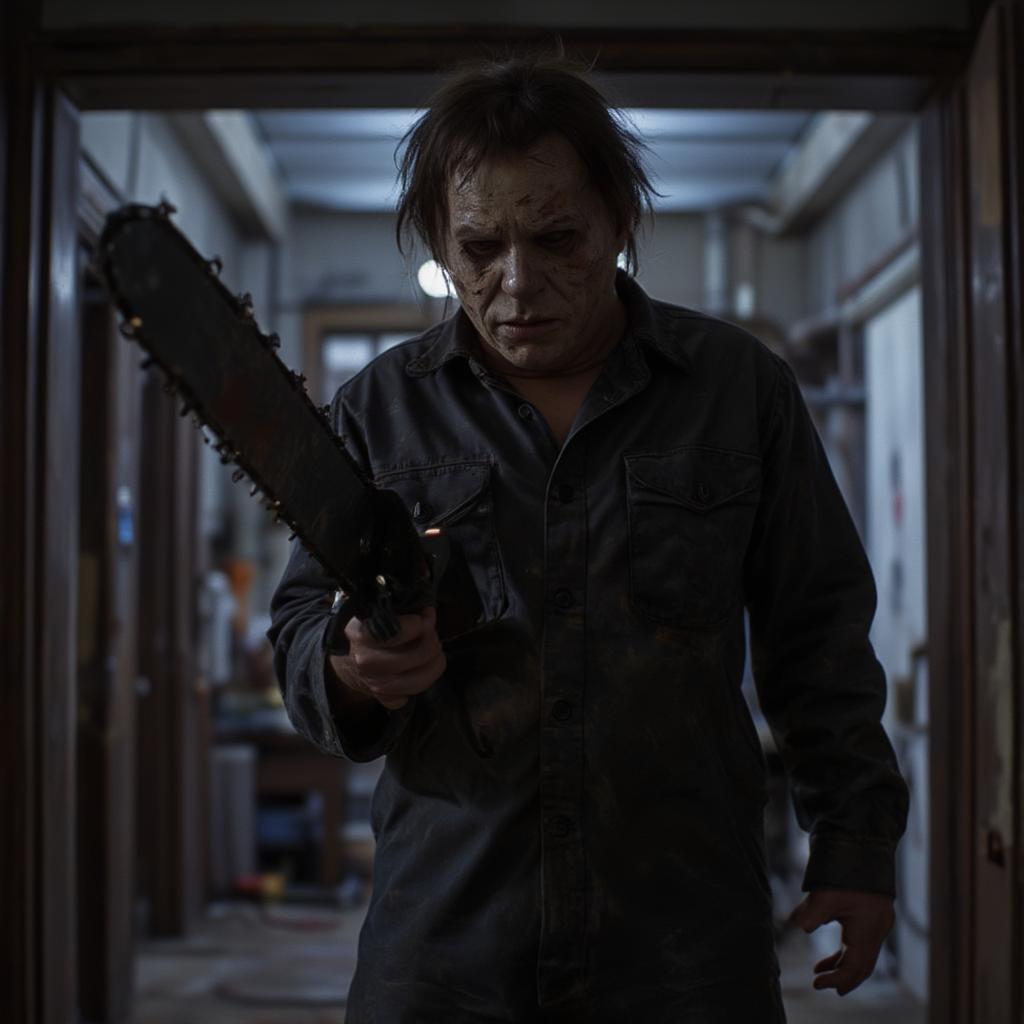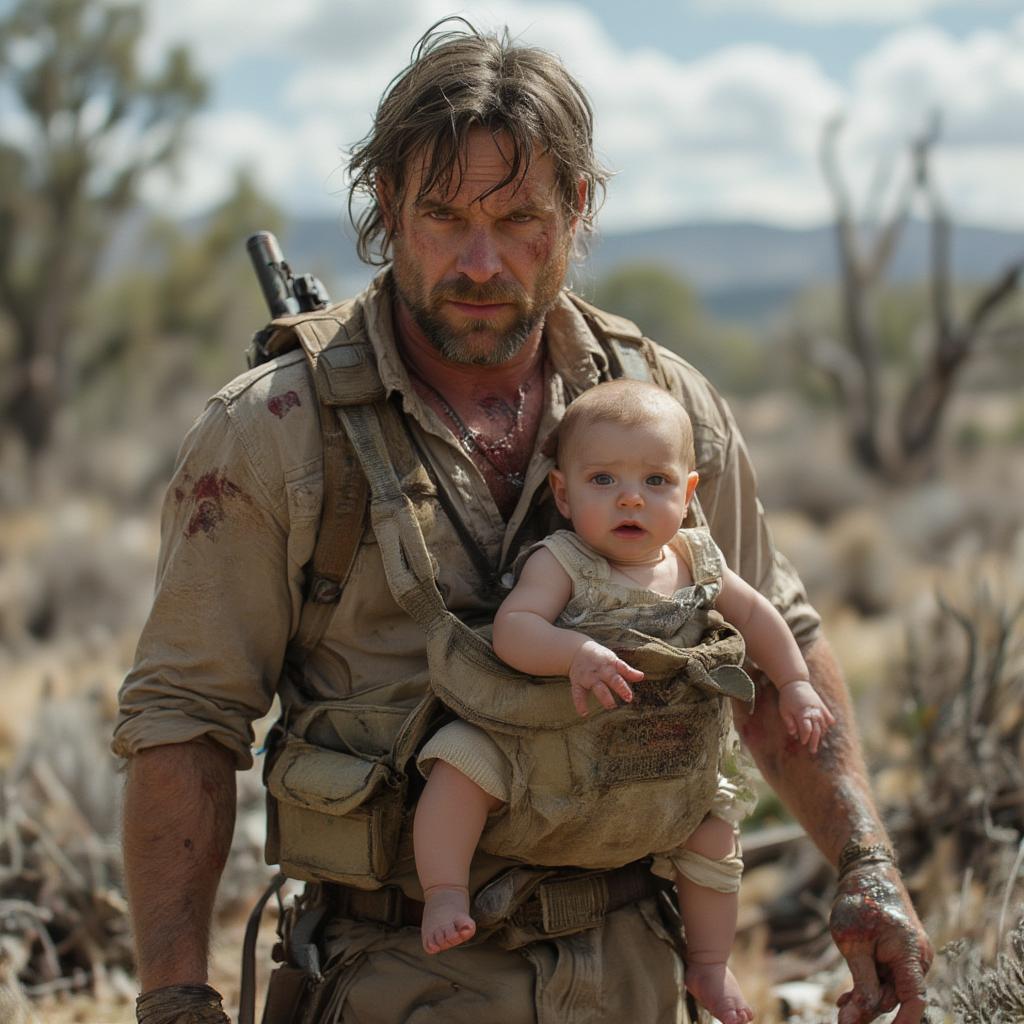Top Apocalyptic Movies: A Tarantino-esque Dive into Cinematic Chaos

The end of the world. It’s a concept that’s fascinated filmmakers and audiences alike since the dawn of cinema. Whether it’s zombies, nuclear war, or a good old-fashioned biblical plague, apocalyptic movies offer a thrilling, often terrifying, glimpse into humanity’s potential demise. And let’s be honest, who doesn’t love a good dose of cinematic chaos? This ain’t your momma’s feel-good flick, folks. This is Shock Naue, and we’re diving headfirst into the best, the bloodiest, and the most batshit crazy Top Apocalyptic Movies ever made.
When the World Goes Boom: Exploring the Best in Apocalyptic Cinema
Apocalyptic movies aren’t just about explosions and mayhem, though there’s plenty of that to go around. They’re a reflection of our deepest fears, our anxieties about the future, and our morbid curiosity about what happens when civilization crumbles. They’re a twisted mirror reflecting society’s darkest corners. Think of them as a cinematic Molotov cocktail, ready to ignite your senses and leave you pondering the fragility of existence. For those new to the genre, figuring out where to start your journey into cinematic doomsday can be overwhelming. Fear not, cinephiles! This list of top apocalyptic movies will guide you through the wasteland of cinematic destruction, highlighting the films that truly stand out from the irradiated crowd. Similar to great apocalyptic movies, we’re looking for films that deliver on spectacle, substance, and sheer, unadulterated entertainment.
Nuclear Nightmares: Atomic Anxiety on Film
The Cold War might be over, but the fear of nuclear annihilation lingers like a radioactive ghost. Films like “Dr. Strangelove or: How I Learned to Stop Worrying and Love the Bomb” (1964) satirized the absurdity of mutually assured destruction, while “Threads” (1984) offered a chillingly realistic portrayal of a nuclear winter. These films aren’t just entertainment; they’re stark warnings about the devastating consequences of atomic warfare. They’re the cinematic equivalent of a mushroom cloud, leaving you breathless and contemplating the sheer terror of nuclear war.
Zombies, Viruses, and the End of Humanity: When the Dead Walk the Earth
From the slow-burning dread of George A. Romero’s “Night of the Living Dead” (1968) to the frenetic action of “28 Days Later” (2002), zombie movies tap into our primal fear of disease and societal collapse. They’re not just about flesh-eating ghouls; they’re about the breakdown of order, the struggle for survival, and the thin line between humanity and savagery. They’re a bloody, gut-wrenching ballet of survival, where the living envy the dead.
“The zombie genre, in its purest form, is a reflection of societal anxieties,” says Dr. Alistair Finch, renowned film historian and author of “Cinema of the Damned: A History of Horror on Film.” “These films explore themes of contagion, isolation, and the fragility of civilization, making them perpetually relevant.”
Beyond Earthly Threats: Apocalyptic Encounters of the Third Kind
Sometimes, the end comes not from within, but from beyond the stars. Films like “War of the Worlds” (1953 and 2005) and “Independence Day” (1996) depict humanity’s struggle against technologically superior alien invaders. These films tap into our fear of the unknown, the vastness of space, and the potential for extraterrestrial threats. They’re a cosmic-sized reminder that we might not be alone in the universe, and that encounter might not be a friendly one. In a universe as vast as ours, are we truly prepared for what lurks in the darkness between the stars?
Natural Disasters: Mother Nature’s Fury Unleashed
From earthquakes and tsunamis to asteroid impacts and climate change, nature has the power to unleash devastation on an unimaginable scale. Films like “The Day After Tomorrow” (2004) and “2012” (2009) explore the catastrophic consequences of environmental disasters and humanity’s struggle to survive in a world ravaged by natural forces. These films are a stark reminder that we’re not just fighting against each other; we’re fighting against the very planet we inhabit. These aren’t just disaster movies; they’re cautionary tales about the power of nature and the consequences of our actions. Check out some of the movies to watch in this genre that showcase truly breathtaking special effects.
Dystopian Futures: When Tomorrow Looks Like Hell
Dystopian films like “Mad Max” (1979) and “The Book of Eli” (2010) offer a glimpse into a future where society has collapsed and humanity is forced to live in a brutal, lawless world. These films explore themes of resource scarcity, social injustice, and the struggle for power in a world stripped bare of its civility. They’re a gritty, unforgiving vision of a future we hope to avoid, a world where hope is a luxury few can afford. This subgenre of apocalyptic cinema digs deep into the potential for human cruelty and the resilience of the human spirit.
“Dystopian narratives provide a powerful lens through which to examine contemporary societal issues,” notes Dr. Evelyn Reed, cultural critic and author of “The Future is Broken: Exploring Dystopian Cinema.” “By exaggerating current trends, these films force us to confront uncomfortable truths about our own world and the direction we’re headed.” Thinking about end of the world movies 2021 offers a compelling perspective on contemporary anxieties.
The End is Just the Beginning: Why We Love Apocalyptic Movies
Whether it’s the thrill of survival, the exploration of human nature under pressure, or the sheer spectacle of destruction, apocalyptic movies continue to captivate audiences. They offer a cathartic release, allowing us to confront our fears in a safe, fictional setting. They remind us of the importance of human connection, resilience, and the enduring power of hope, even in the face of annihilation. So, grab your popcorn, lock your doors, and prepare for the end of the world, cinematic style. While we’re on the topic of cinematic journeys through history, you might also enjoy our piece on world war movies 2021.

FAQ: Your Burning Questions About Apocalyptic Cinema Answered
-
What is the definition of an apocalyptic movie? An apocalyptic movie depicts the end of the world, either through natural disasters, war, disease, or other catastrophic events.
-
Why are apocalyptic movies so popular? They tap into our primal fears, offer thrilling escapism, and explore complex themes about human nature and society.
-
What are some of the common themes in apocalyptic movies? Survival, loss, hope, societal collapse, the struggle for resources, and the resilience of the human spirit.
-
Are apocalyptic movies always depressing? Not necessarily. While they often depict bleak scenarios, many offer messages of hope, resilience, and the importance of human connection.
-
What is the difference between a post-apocalyptic movie and a dystopian movie? Post-apocalyptic movies focus on the aftermath of a catastrophic event, while dystopian movies depict a future society characterized by oppression and control.
-
What are some of the most impactful apocalyptic movies of all time? “Night of the Living Dead,” “Mad Max,” “12 Monkeys,” “Children of Men,” and “The Road” are frequently cited as influential and impactful films in the genre.
-
Are there any comedic apocalyptic movies? Yes! Films like “Zombieland” and “This is the End” offer a humorous take on the end of the world.
-
What makes a good apocalyptic movie? A compelling story, well-developed characters, believable world-building, and thought-provoking themes can elevate an apocalyptic film beyond simple spectacle.
-
Where can I watch apocalyptic movies? Streaming services, rental platforms, and physical media offer a wide selection of apocalyptic films for your viewing pleasure.




